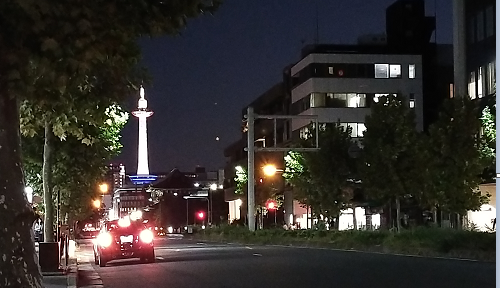Q -1: What are “Stabilization of Symptoms” in the context of car accident injuries?
- “Stabilization of Symptoms,” or “Shojo-kotei (症状固定) ” in Japanese, refers to a phase in injury treatment where the doctor believes that the injury has reached its peak level of recovery and will not improve further, even with ongoing medical interventions. This term emphasizes the overall journey of recovery and the point where further improvement ceases, rather than focusing on specific static symptoms.
.


.
.
Q -2: How does the concept of “Stabilization of Symptoms” relate to the idea of Maximum Medical Improvement (MMI) and why are there multiple translations for it?
- “Stabilization of Symptoms” or “症状固定” is a concept rooted in the Japanese legal system. When translated into English, there isn’t a standardized translation, leading to different websites adopting varied terminology such as “fixation of symptoms,” “fixed stage of symptom,” “symptom fixation,” and “date of symptom stabilization.” However, it’s essential to understand that all these translations refer to the same original concept: “Shojo-kotei (症状固定).”
.
- This concept plays a similar role and carries a nearly identical meaning to the term ” Maximum Medical Improvement (MMI) ” used in the legal practices of workers’ compensation and car accidents in the United States. However, there’s a notable distinction: while the definition of MMI in the U.S. seems to include the specification “within the next year,” the Japanese system doesn’t emphasize such a timeframe.
.
Q -3: What are the implications of being diagnosed with Stabilization of Symptoms?
- Once diagnosed with Stabilization of Symptoms, two primary outcomes can emerge:
- Medical Expense Coverage:
Insurance companies may halt compensation for further treatment costs, believing the treatment might no longer be effective.
. - Compensation for Residual Disability:
If GIROJ (General Insurance Rating Organization of Japan) acknowledges a residual disability post-diagnosis, compensation can significantly increase, covering aspects like lost wages due to the disability, future nursing care fees, and consolation money for the residual disability.
.

Q -4: How does the diagnosis of Stabilization of Symptoms (症状固定 shōjō kotei) affect compensation claims?
- The diagnosis of Stabilization of Symptoms (症状固定, shōjō kotei) marks a transition point in the compensation claim process. Here’s a breakdown of the compensation items for different phases:
- Before Stabilization of Symptoms diagnosis:
- Medical expenses
- Transportation fees for hospital visits
- Nursing care fees
- Miscellaneous hospitalization expenses
- Lost wages due to injury during the treatment period
- Pain and Suffering (‘Isha-ryou’) compensation for the treatment period
.
- After Stabilization of Symptoms diagnosis:
- Ongoing lost wages due to residual disability/permanent injury
- Pain and Suffering (‘Isha-ryou’) compensation for residual disability/permanent injury
- Future nursing care fees (if applicable)
.
- Before Stabilization of Symptoms diagnosis:
- The transition between these phases shifts the focus from immediate treatment-related expenses to long-term impacts of the injury. The timing of this diagnosis can be crucial, as it affects which items can be claimed and for what duration.
- At one point, an insurance company may stop covering your medical expenses. But, If you believe your symptoms haven’t fully stabilized, it may be advisable to continue necessary treatment. In such cases, you might need to pay out-of-pocket initially, but there’s a possibility of reimbursement if the treatment is later deemed necessary.
- Remember, the specific details of compensation can vary based on individual circumstances.
.
Q -5: What should one do if an insurance company stops covering medical expenses prematurely?
- It’s crucial to continue medical care if deemed necessary, even if the insurance company stops payments. They might later cover the treatment costs if they find the treatment was essential.

by Shiki Tomimasu, Attorney-At-Law

